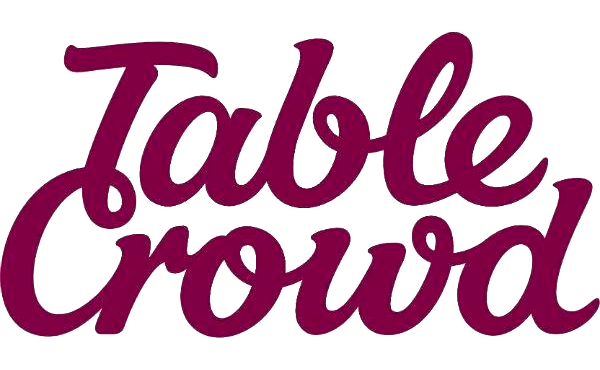VCs, angels or crowdfunding: which is the one for my business? Part II
 Whether you’re just starting out with your blue-sky idea, or racking up your customers, not every type of funding will be appropriate your business. So if you’re looking to raise finance for your start-up, Tim Jackson, investor at Lean Investments and former financial journalist, has some great tips on how to assess which stage you’re at and in doing so, find out which option is right for you. [If you haven’t read part 1 yet, do it first before reading on.]
Whether you’re just starting out with your blue-sky idea, or racking up your customers, not every type of funding will be appropriate your business. So if you’re looking to raise finance for your start-up, Tim Jackson, investor at Lean Investments and former financial journalist, has some great tips on how to assess which stage you’re at and in doing so, find out which option is right for you. [If you haven’t read part 1 yet, do it first before reading on.]
Questions to ask yourself:
- What stage am I at?
If you’re at an early stage, venture capitals and angels won’t help you. If it’s just a deck and dream carrying you forward, why not try crowdfunding. It’s lower risk and an easy way to get your product across.
If you already have some evidence that people want to buy your product, then go to VCs.
- What help do I need?
VCs are there to point out things you may not have thought of and carry through the process of building your business. Consider how valuable this might be for you – it’s a working relationship.
- What further financing will my business require?
Many people view fundraising as a kind of ‘test’. Arguably, the best kind of a business is one where the financial needs are zero!
You shouldn’t be trying hard to raise as much as you possibly can. The best outcome is to get revenue from customers. If you’re going to need plenty of further fundraising in the future, however, it makes sense to make connections with VCs.
- How deep an understanding will my investors need to truly help me?
If your business can be easily explained to your average Joe, or in other words, consumer-driven, then perhaps crowdfunding would be an appropriate avenue for investment. If, however, it is something hard-tech then you’ll have to put in the extra work so that you can show something significant to your VC.
As well considering these questions, bear in mind the 4 things Tim looks for in a business:
- The team
- Traction – how much they’ve achieved in correlation to how much money they’ve raised
- Market – what is the market for this business?
- Entry barriers – can you stop other people from building the same product?
Final word – check out AngelList a platform that allows angels and startups to find each other.




